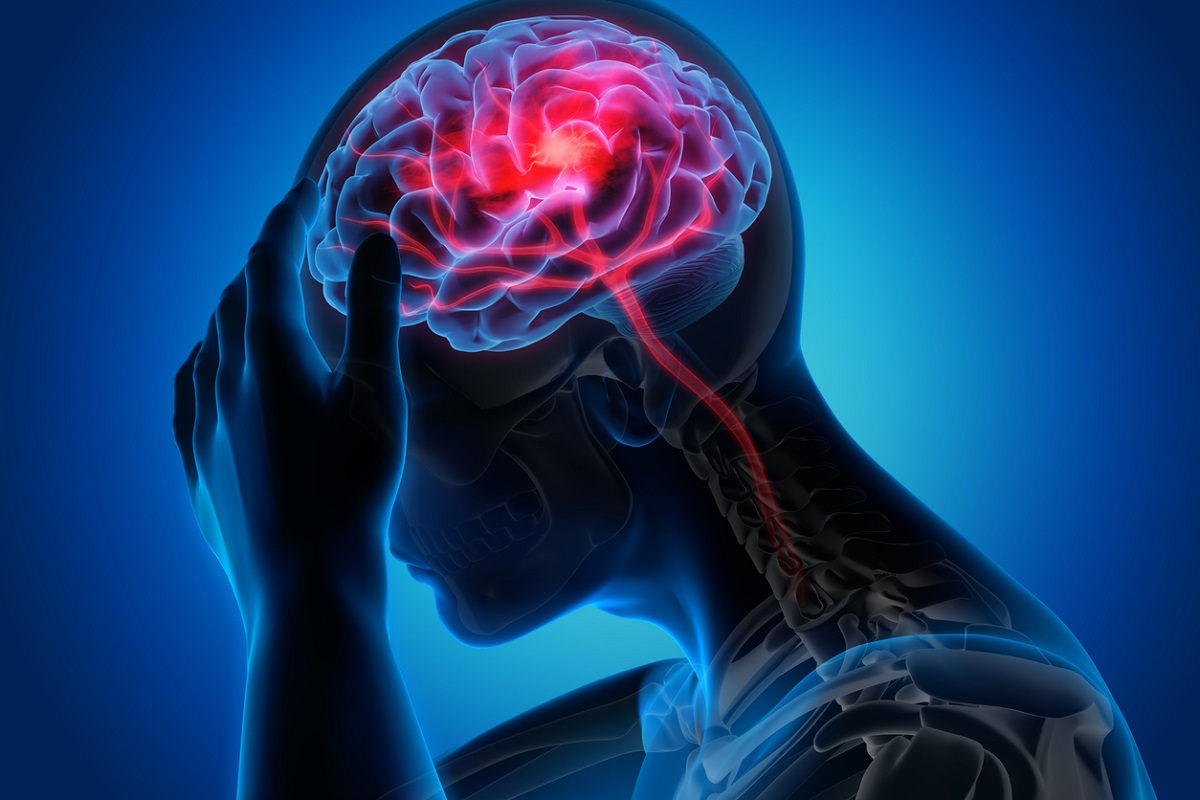Stroke is the predominant cause of mortality amid neurological disorders in India and caused 6,99,000 deaths in 2019, as per a study published in the medical journal The Lancet.
The disease was found responsible for 68 per cent of deaths from neurological disorders followed by Alzheimer’s and other dementia (12 per cent), and encephalitis (5 per cent).
Advertisement
It was also 7.4 per cent of the total deaths in the country, the research added.
The study was conducted by the Ministry of Health and Family Welfare in collaboration with the Indian Council of Medical Research (ICMR), the Public Health Foundation of India and the University of Washington.
The researchers said that the study is the first comprehensive estimate of disease burden due to neurological disorders and their trends in every state of India from 1990 published in The Lancet Global Health by the India State-Level Disease Burden Initiative.
These neurological disorders estimated in the study include non-communicable neurological disorders like stroke, headache disorders, epilepsy, cerebral palsy, Alzheimer’s disease and other dementias, brain and central nervous system cancer, Parkinson’s disease, multiple sclerosis, motor neuron diseases, and other neurological disorders.
Meanwhile, the communicable neurological disorders the study estimated were encephalitis, meningitis, and tetanus.
Besides, the study also looked at injury-related neurological disorders like traumatic brain injuries and spinal cord injuries. The findings of the study highlight that the contribution of non-communicable neurological disorders and neurological injuries to the total disease burden has more than doubled between 1990 and 2019.
Prof Balram Bhargava, Secretary to the Government of India, Department of Health Research, Ministry of Health & Family Welfare, and Director General, ICMR said that the findings presented in this research paper are useful for healthcare planning at the state level to reduce the neurological disorder’s burden.
“The neurological disorders contribute 10% of the total disease burden in India. There is a growing burden of non-communicable neurological disorders in the country, which is mainly attributable to the ageing of the population. The findings presented in this research paper are useful for health-care planning at the state level to reduce the neurological disorder’s burden,” he added.
Prof K Srinath Reddy, President, Public Health Foundation of India said that India needs policy, health system and personal level actions to achieve healthy ageing across a long life course.
“The rise of non-communicable disease-related risk factors, as leading contributors to neurological disorders and resultant disability in India, is not a surprise. It reflects the demographic, socio-economic and nutrition transitions that have steered the shift in our epidemiological profile over the past 30 years. What is helpful is the recognition that much of this burden of disease and disability is related to modifiable risk factors which can be reduced at the population level and corrected at the individual level. We need policy, health system and personal level actions to achieve healthy ageing across a long life course,” he added.











